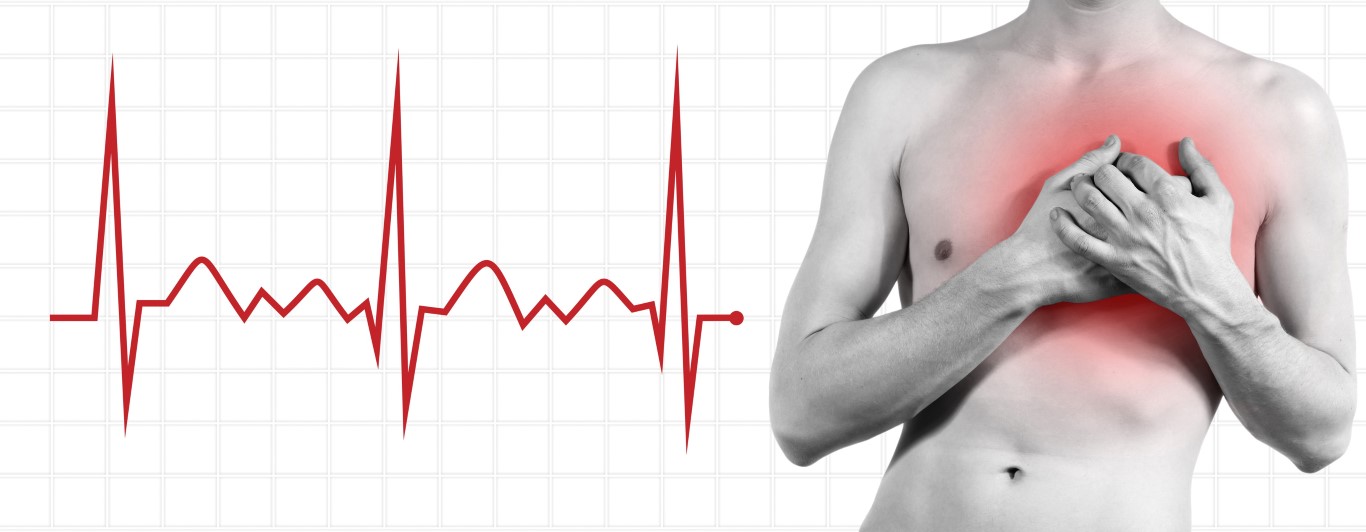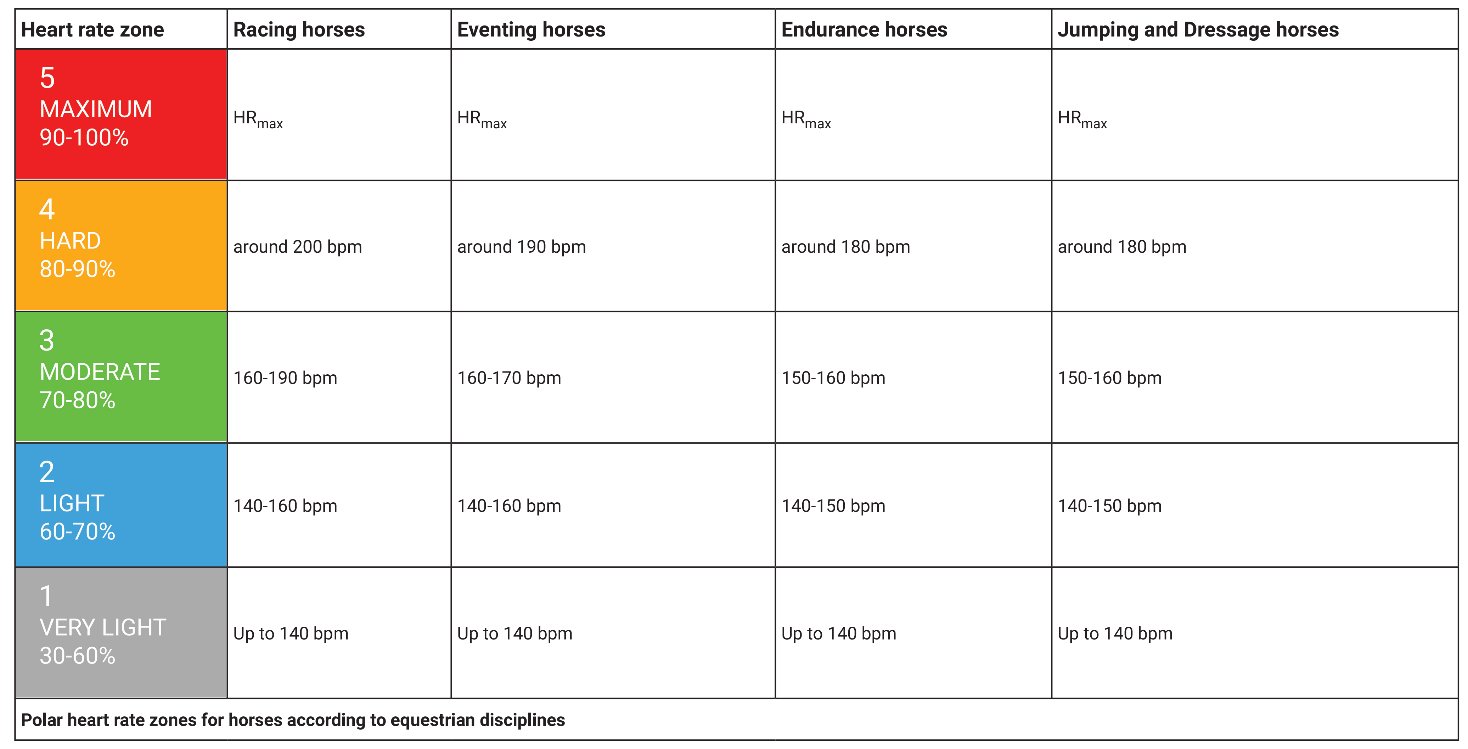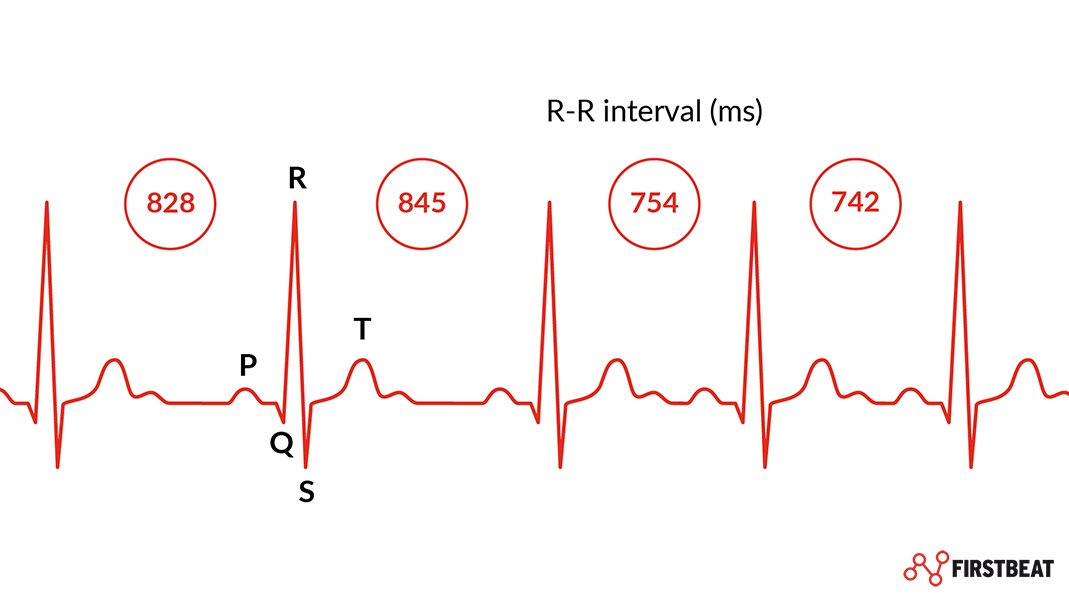Most people who complain of high or rapid pulse rate often suffer from some or the other heart disease. When the hearts electrical circuits arent properly functioning the result can be a high heart rate coupled with low blood pressure Dr.
 Increase In Resting Heart Rate Is A Signal Worth Watching Harvard Health Blog Harvard Health Publishing
Increase In Resting Heart Rate Is A Signal Worth Watching Harvard Health Blog Harvard Health Publishing
Many factors influence your resting heart rate.

Why is my pulse rate high. As soon as you rest the heart rate starts decreasing gradually and returns to its normal level usually within an hour. On many occasions a high resting heart rate may be the result of food beverages or drugs that have been consumed. The pulse is a measurement of the number of heartbeats that a person experiences per minute.
The heart rate is faster than normal but the heart beats properly. Causes of sinus tachycardia. When the heart has a fast abnormal rhythm anything over 100 but closer to 160 beats per minute it cant adequately fill with blood.
We see patients who are concerned because their heart rate stays elevated in the range of 100 to 130 beats per minute. Chronic high blood pressure can contribute to damage to the electrical system that in turn leads to a low pulse rate. Regular exercise tends to slow your heart rate down.
Tachycardia might be very. The hardening of arteries or the faulty heart valves lead to difficulty in pumping thereby increasing the pulse rate. Almost always there is a medical reason that the sinus node keeps signaling for the faster rate.
Persistent raped pulse can be seen in thyroid disorders and treatment of thyroid disorder. When you exercise your heart needs to work harder which increases your heart rate. Drinking caffeinated soft drinks taking pills such as energy pills or diet pills that contain caffeine and other stimulants or taking other forms of stimulants can increase the resting heart rate significantly.
Aging tends to speed it up. The average resting heartbeat for a person is between 60 and 100 beats per minute. Other inherent factors that could increase the risk of rapid pulse rates include aging and family history of tachycardia.
These include fever a low red blood cell count anemia an overactive thyroid. Above 90 is considered high. The threshold of any normal heart rate also known as pulse is based on the persons age.
Other causes of damage include smoking a history of heavy drug or alcohol. For athletes and people that exercise regularly a heart rate of. People who smoke or drink too much alcohol generally have higher resting heart rates.
Several things can cause a combination of high blood pressure and low pulse. High blood pressure is a common cause of a high resting heart rate. A high heart rate can also mean the heart muscle is weakened by a virus or some other problem that forces it to beat more often to pump enough blood to the rest of the body.
Stress medicines and medical conditions also influence heart rate. Discuss your resting heart rate with your doctor at your next visit. Heart ailments such as coronary heart diseases hypertension high blood pressure pericarditis congenital heart diseases aortic regurgitation etc are likely to give rise to a higher pulse rate.
Long-term high blood pressure can potentially lead. It could also cause sweating anxiety hair loss eyebrows and front of scalp weight loss. Bradycardia is typically defined as a heart rate thats less than 60 beats per minute.
A faster pulse rate can happen when at rest and it can mean low blood pressure illnesses or even the effects of running. Usually though a high heart beat is not due to heart disease because a wide variety of noncardiac factors can speed the heart rate. In his prime champion cyclist Miguel Indurain had a resting heart rate of just 28 beats per minute Stress medications and medical conditions also influence your resting heart rate.
Tachycardia also known as a high heart rate is a term used to refer to a pulse rate greater than 100 beats per minute and may be a reflex when the body senses a fall in blood pressure. Hello If the pulse rate is because of anxiety then relaxation exercises can help to reduce the rate. Possibilities include anemia an underlying infection elevated thyroid hormone or reaction to medication.
The most common high pulse rate causes can include heavy exercise and anxiety as well as medical conditions such as pregnancy an overactive thyroid and a fever. The first is an overactive thyroid which is more common in females and usually causes a rapid pulse. Addressing those conditions would likely bring the heart rate back to a normal rate.
In this condition the hearts natural pacemaker the sinoatrial SA node sends out electrical signals faster than usual. Sinus tachycardia is a normal increase in the heart rate. These include the heavy use of tobacco caffeine alcohol or recreational drugs stress and anxiety high blood pressure and heart disease.
Treatments for High Pulse Rate. Your heart rate is lower when you are resting and higher when you are doing any kind of activity or are feeling stressed or anxious. Adrenaline raises heart rate and constant high levels in the blood may make the heart more irritable.
Genes play a role.











.jpg)
